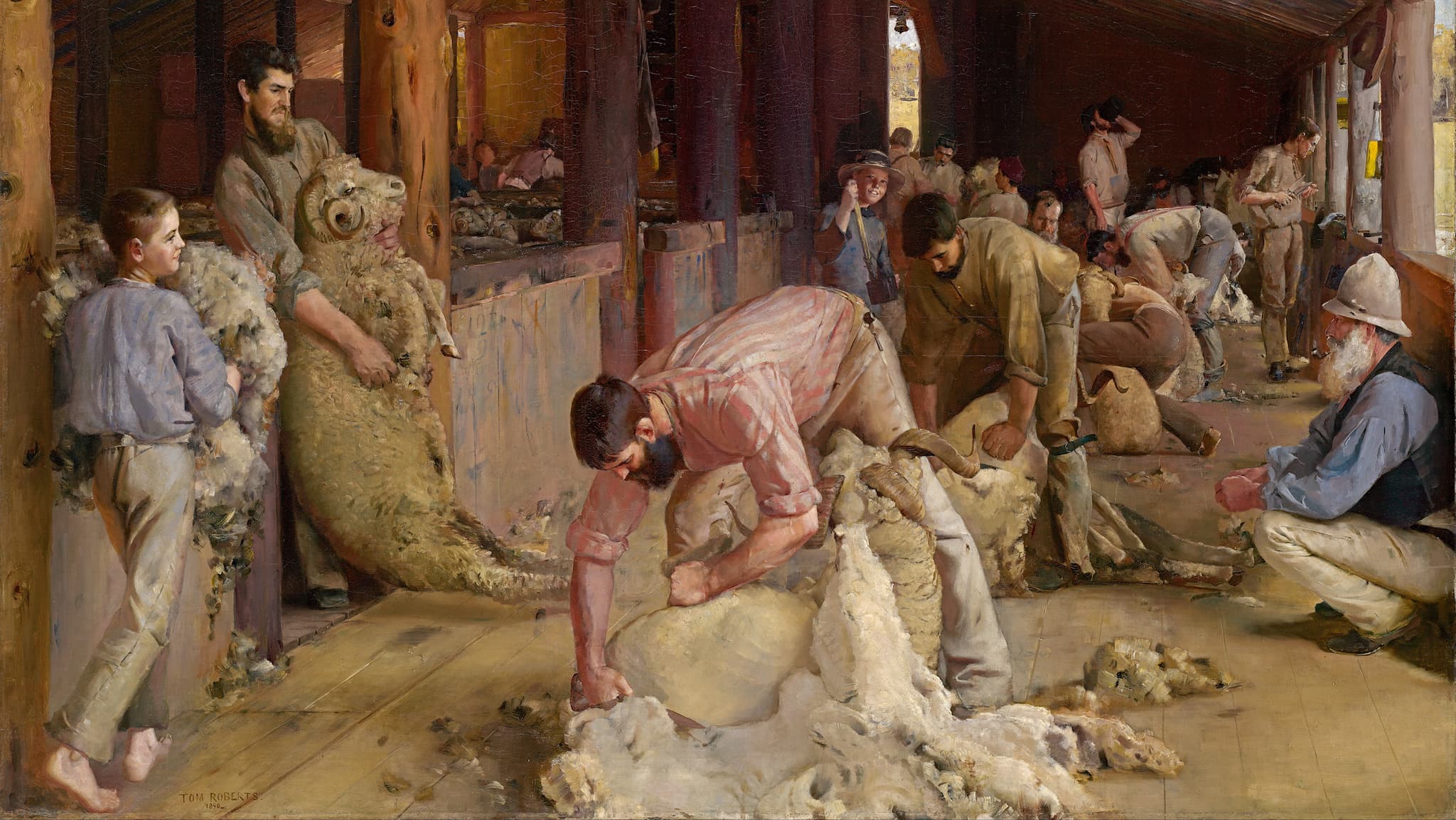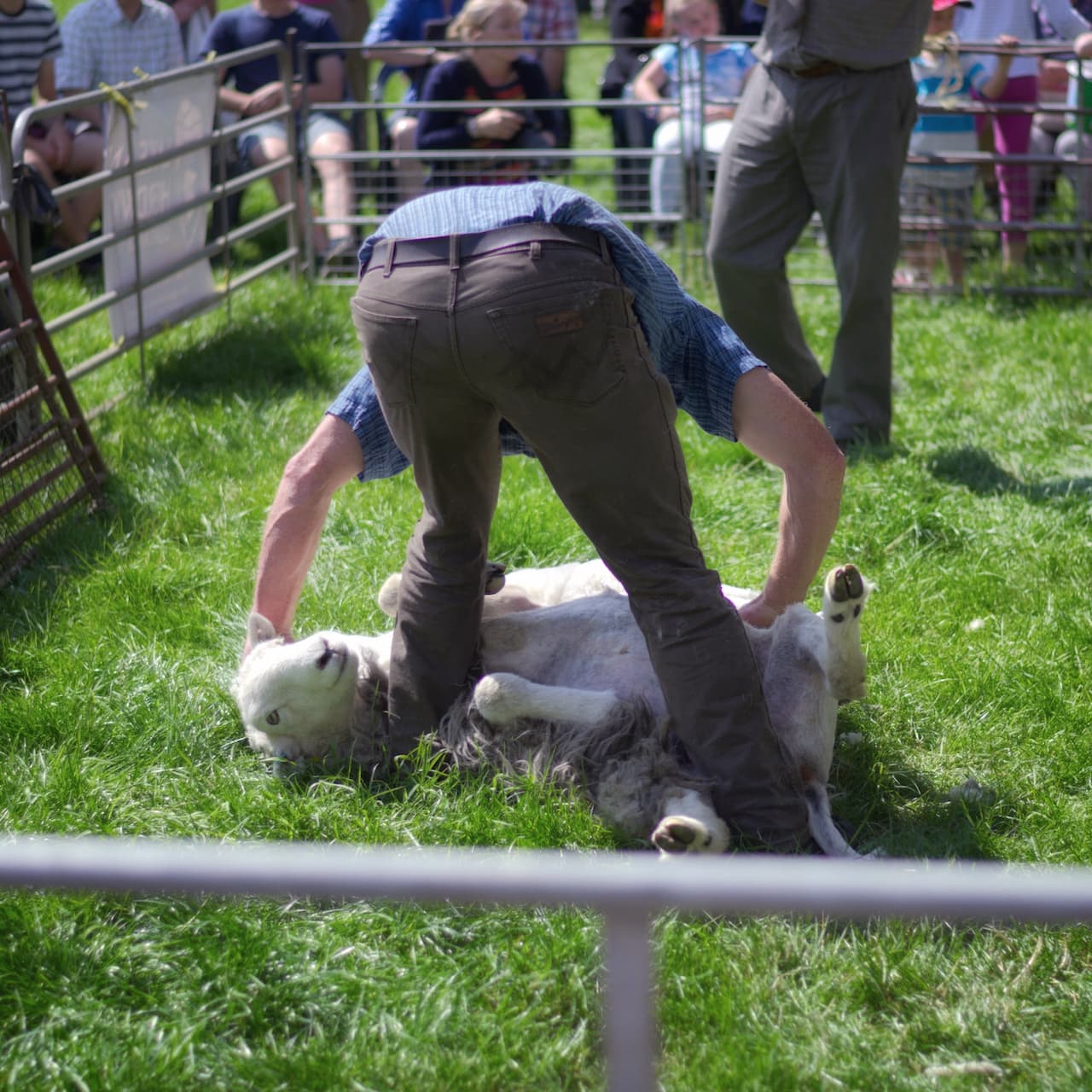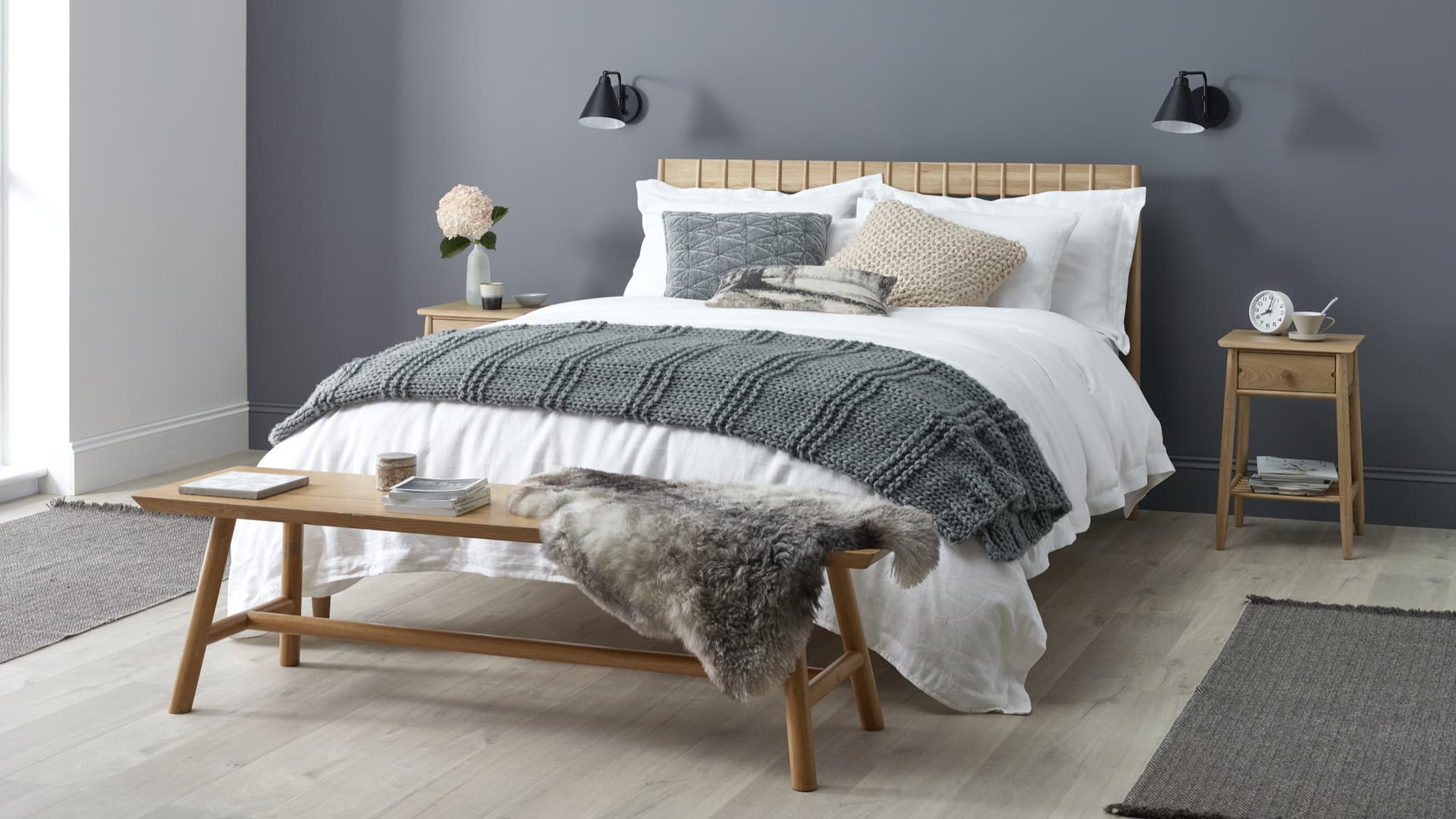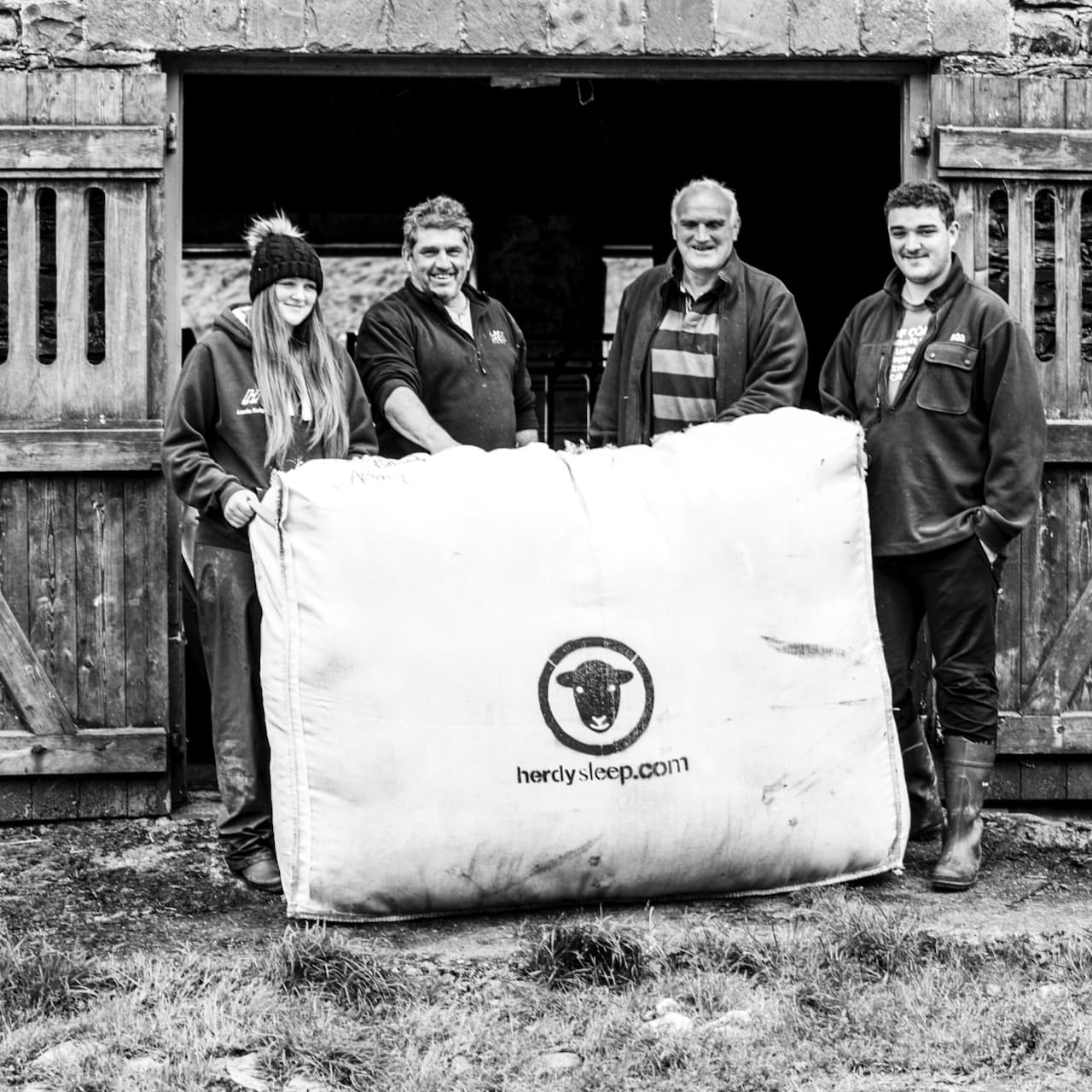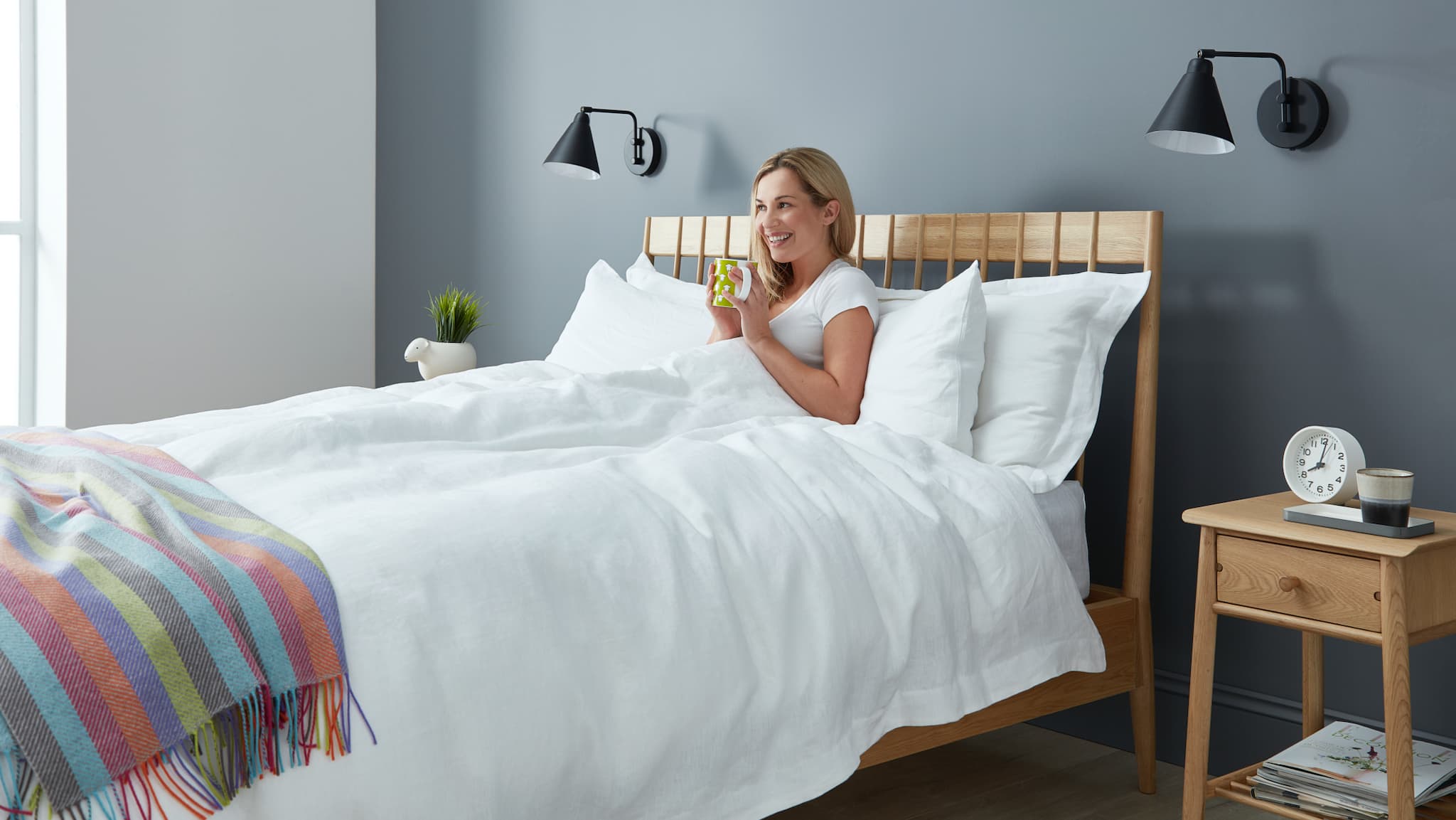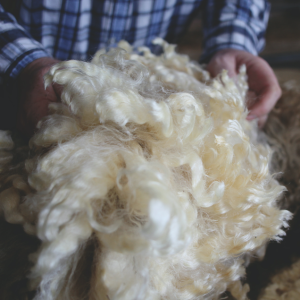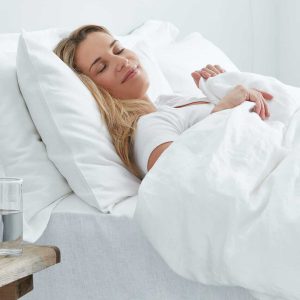Here's a story about the rural economy in the past. Do you remember this?
“Baa Baa Black Sheep have you any wool?
Yes Sir, yes Sir, three bags full.
One for the Master,
One for the Dame,
and one for the little boy who lived down the lane.”
Surprisingly, this nursery rhyme may not have the innocent meaning we imagine. Whilst it’s hard to corroborate, it is quite possible the story in this poem is about the taxation of wool during the 13–15th centuries. The “Master”, being the King, took 33%; the “Dame”, being the Church, took 33%; and the “little boy who lived down the lane”, the Farmer, got the rest. Imagine a working person paying that level of tax now!
Have things changed much since then?

